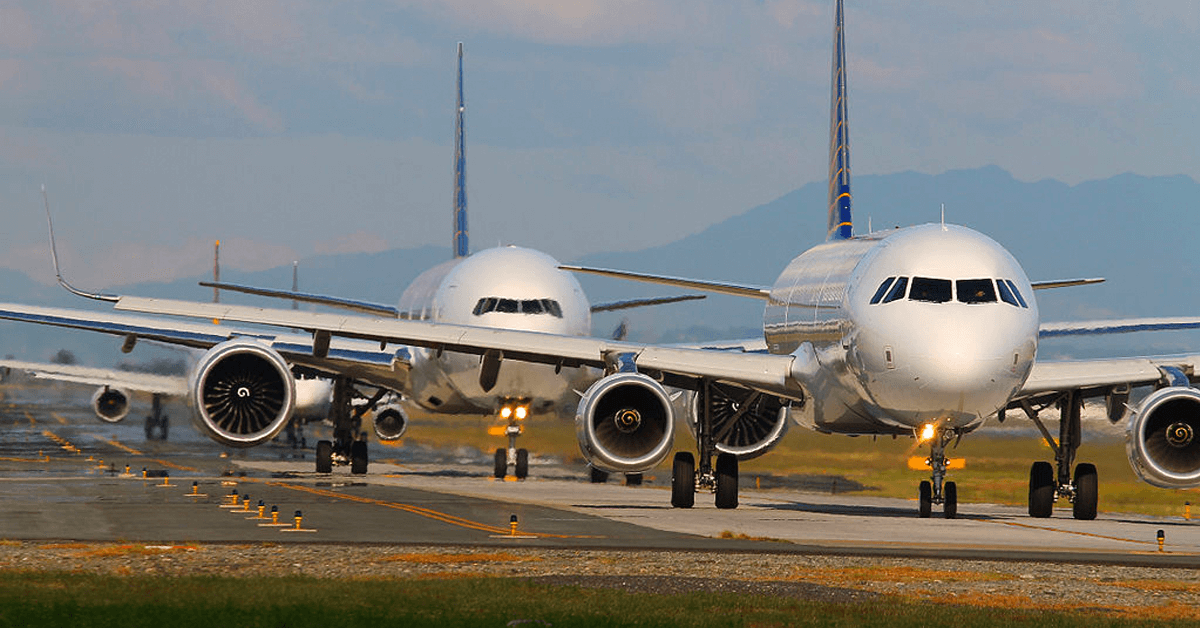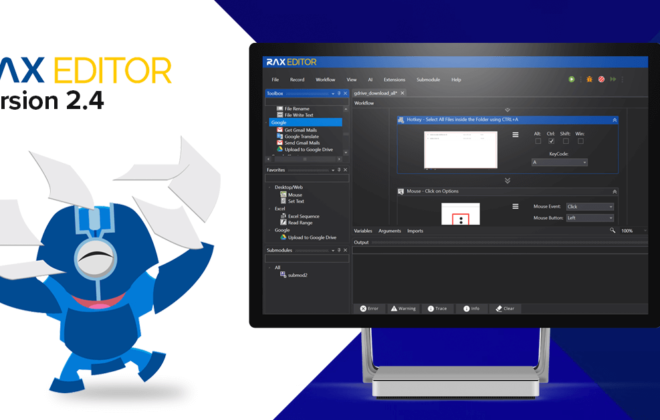Should PH carriers ramp up their automation?
Airlines and air hubs around the world have begun automating their systems to efficiently meet the ever-changing demands of the travel industry, particularly during the COVID-19 pandemic when global leaders issue different requirements for people traveling to their countries.
Should Filipino air carriers follow suit?
According to data from the Manila International Airport Authority, the operator of the Ninoy Aquino International Airport, it recorded more than 337 million passengers in the first nine months of 2023.
With tens of millions of Filipinos and foreigners flying in and out of the Philippines, tending to their demands and needs during the trip and processing mounting files can be grueling, especially for the ground staff who collect and sort out their data.
Aside from challenges facing the sector, such as rising fuel costs and outdated infrastructure, airlines need to level up their game to attract more flyers.
While cheaper fares may entice passengers to book their flights, good services remain the top consideration of travelers.
Just this year, a Senate probe was launched to investigate the alleged overbooking and offloading complaints versus a local budget carrier. The issue prompted Filipinos to air their frustration online, and even urging others to not fly with that certain airline. Passengers also stressed the need to improve their customer service.
Sen. Grace Poe also encouraged airlines to hire more customer service agents to immediately attend to customers’ complaints or concerns.
According to a previous study released by NATS, a global leader in air traffic management and services, the majority of passengers seek better flying experiences. It said 27% of passengers “would choose to pay more to fly with a particular airline“. The report noted that “operational reputation and on time performance [were] seen as among the more important factors when booking a ticket.”
“NATS sees technology investment, coupled with modernizing the country’s aging network of flight paths and air routes, as being the key to keeping passengers happy,” it said.
Robotic process automation (RPA) is one of the technologies airlines can leverage to enhance various areas in the airline industry, including reservation and ticketing; baggage handling; customer service; maintenance and compliance; and data analysis.
Software robots can help airlines plot maintenance schedules and safety inspections to slash downtime, as well as deliver data analysis on load planning and fuel optimization.
With RPA, airlines can also improve client satisfaction, especially in dealing with their concern as the technology can power chatbots and deploy virtual assistants for 24/7 customer support.
Monstarlab Philippines’ RAX experts, with an established experience in RPA, can help airlines in automating their processes.
Learn more about how your airline can provide a better flying experience for travelers with the RAX team.
Main photo credit: RM Bulseco from Davao City, Philippines






